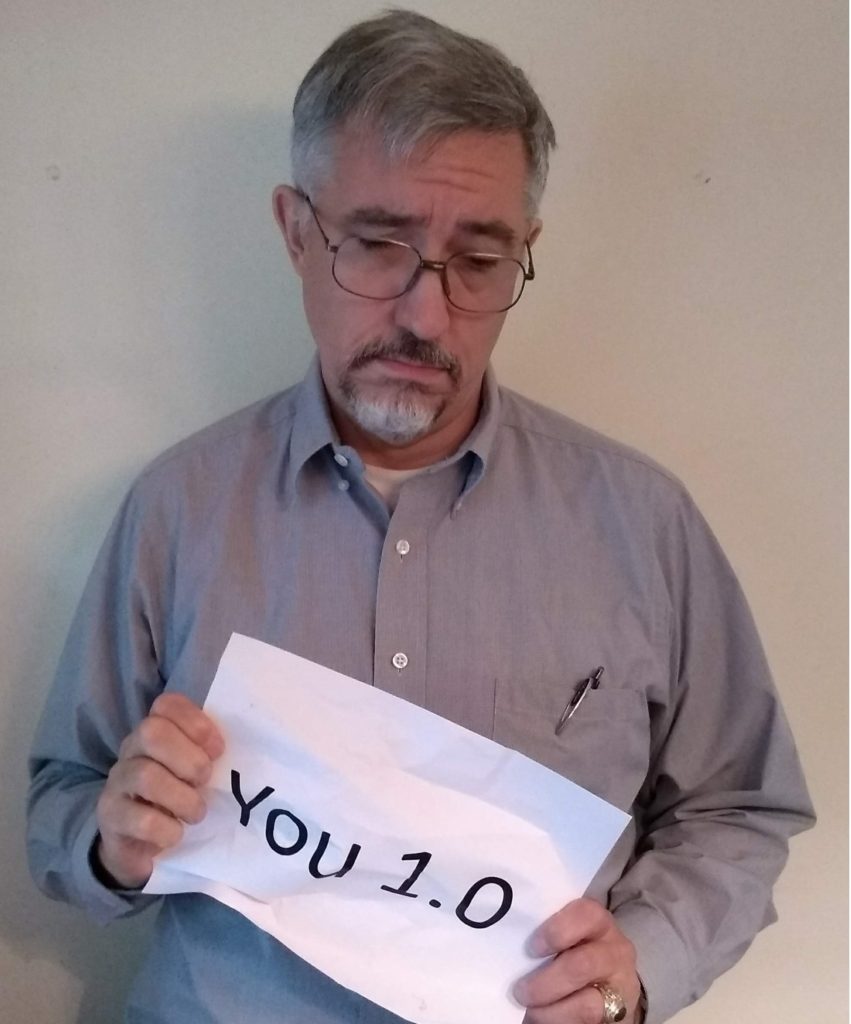Thought experiment for the day: Let’s call your present state You 1.0. Imagine a future version of yourself, You 2.0, a very successful author, climbing toward the top of Wikipedia’s list of Best-Selling Fiction Authors.
Why is You 2.0 so much more successful than You 1.0? Perhaps the 2.0 version developed new traits, new approaches to the craft. What might these traits be, and how can You 1.0 attain them?
Vivian Giang and Robert Greene might show us. Ms. Giang wrote a blog post summarizing some aspects of Mr. Greene’s book Mastery. Greene interviewed and researched those he considered masters in their fields, and came up with six common traits or habits that differentiated those people from others.


Greene’s analysis considered masters across a wide variety of fields, but I’ll concentrate on fiction writing. What follows are the six traits from Ms. Giang’s wonderful post, put in my own words and geared toward the craft of writing.
1. Bleed and weep over your keyboard
That’s my way of suggesting you should have a passion for writing. You should care about it, love it. You should miss it when not engaged in it. You 2.0 thinks about writing nearly all the time.
How might You 1.0 develop this trait? According to Greene, you should look deep inside yourself, perhaps using a journal to discover and explore your strongest feelings.
2. Grow rhinoceros skin
This means to stop caring so much what other people think of you. Remember, You 2.0 is one of the greatest authors of all time, so is quite a bit different from everyone else. That sets up You 2.0 for criticism, for derision. Does You 2.0 care? Nope. That version of you uses others’ disparagement as a prod for future improvement, not as an excuse to slink into a pool of self-pity.
How did You 2.0 grow rhinoceros skin? You 2.0 learned not to take criticism personally. You 2.0 values the craft of writing far more than the opinions of others.
3. Forge new calf-paths
Here, I’m referring to the poem “The Calf-Path” by Sam Foss. Don’t let your brain get stale. Think differently. Carve out and explore new mental routes. This is and especially valuable attribute for a fiction author, who must get into the minds of a variety of characters.
You 2.0 developed this habit through constant striving to: learn new things, meet new people, study new fields, try new activities, and read books in unfamiliar genres.
4. Outsmart your smartphone
When did that phone become your boss? When it rings or vibrates, do you feel an overwhelming urge to answer it, no matter what you’re doing? And after you answer, do you take the time to wander the tangents of social media, check email, catch up on news?
You 1.0 can break this bad habit by going without the phone for a day or more. Just turn it off. Funny how life will still go on, and you’ll concentrate better on what you’re doing. Remember trait 1 above: you love writing more than you love your smartphone.
5. Go to your focus cave
Great authors find a place, a time of day, a mental state, where they wall off the world and become one with their writing. Within that private niche, they become laser-focused on writing, and words flow with little effort. Here, no distractions tempt them, no interruptions disturb their work. Their life isn’t about reacting; it’s about creating.
This focus cave is different for everybody. You 2.0 found it by experimenting with different routines in different surroundings before discovering the one that worked best.
6. Push beyond success
After an author gets a book published and enjoys some earnings, there’s a strong urge to build on that success by writing a similar book. After all, that’s what the publisher wants, and what readers seem to want. That’s just resting on laurels.
A truly great author such as You 2.0 will avoid that comfort-zone thinking and strike out in a different direction. Challenge yourself. Keep growing as a writer.
There you have it. Six attainable traits that may well propel you from You 1.0 to You 2.0. Good luck! Still holding at Version 1.1, I’m—
Poseidon’s Scribe

